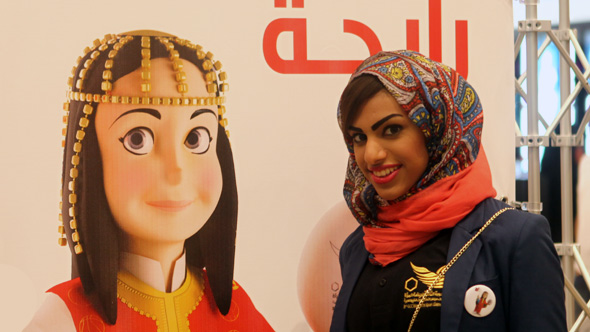Two Bahrains: Of Yesterday and Tomorrow
Bahrain Opinion
Two Bahrains: Of Yesterday and Tomorrow
By Mitchell Belfer
For those who have not been to Bahrain it must be hard to imagine, but this is a country divided. However, the dividing lines are not based on religion or sect…

Bahrain is a country that has generated considerable controversy. For this reason Marcopolis.net has solicited views and opinions of experts with regards to the vast amount of media reporting on political conditions in Bahrain. Disclaimer: The ideas expressed in this section are solely the opinions of the author(s).
Two Bahrains: Of Yesterday and Tomorrow
By Mitchell Belfer
Manama, 3 March 2013: For those who have not been to Bahrain it must be hard to imagine, but this is a country divided. However, the dividing lines are not based on religion or sect; these lines are drawn between those looking to the future and those whose eyes are transfixed on the mythical past.
The sides are asymmetrical, the vast majority of people are looking forward and only a sliver of the populace dream of taking the society backwards.
Consider recent events; at the same time that a handful of delinquents hurl petrol bombs at police, burn tyres and vandalise their neighbourhoods Bahrain is playing host to the Women’s GCC games, an event that has mobilised men and women from throughout the region to support their teams in a friendly – but competitive – set of sporting events.
The reality is a thriving civil society in a constantly evolving state.
The contrast could not be more stark. Those watching the GCC games clearly support the Bahrain of the present and future, where women’s rights are legally guaranteed, where fundamental freedoms are enshrined and where gendered profiling is a thing of the past. On the other hand, so many from the self-declared ‘opposition’ are more interested in violence and political standoffishness. They are not supporting the nation’s athletes – who are Shia, Sunni, and expat – because, despite all their rhetoric, they are not nationalists.
Instead, they are the polar opposite. Their flag bearing is based on image generation for the international press, their demands are designed to shatter the nation rather than stitch it together.
It is this contrast that needs to be publicised. For more than two years the only reportage on Bahrain concerns the political situation and very few venture into the more dynamic foundations of the country’s civil society. In doing so, people only get a fragmented picture of the state of affairs.
There is no war zone in Bahrain just as there is no sectarianism in the daily affairs of the people who live here. The reality is a thriving civil society in a constantly evolving state. The business environment is open, safe and secure, the work force educated and progressive and the people genuinely engaging, confident and hospitable. It is truly a shame that the future of Bahrain is knowingly being bartered by those with a political grudge based on more radical visions of the past greatness of regional empires. Yet theirs is an impossible goal since the Bahrain of the future will win this bout and those clinging to false histories will truly be eclipsed by progress.
Mitchell Belfer is the founder and current editor in chief of the Central European Journal of International and Security Studies at Metropolitan University Prague where he also heads the Department of International Relations and European Studies. He is a frequent commentator in the international press on issues related to Middle Eastern security and asymmetrical conflicts, alliances and energy security and has authored numerous academic works on related themes.